Last Friday after work, I took Ms. Charlsie to get some blood work done. They called her yesterday and told her that she is a little anemic and they wanted her to come in for a B12 shot. So, I took a late lunch today and took her to the doctor for the shot.
She always says things that interest me. Today she was talking about one of her siblings who had died as an infant in 1929. He was a twin to her brother, Lloyd. She said that he died from what they called “Summer Complaint”. I wondered what that was and she told me she never understood it, either.
So, of course, I Googled it..
Cholera infantum - A common, non-contagious diarrhea of young children, occurring in summer or autumn. In the nineteenth century it was considered indigenous to the United States; was prevalent during the hot weather in most of the towns of the middle and southern states, as well as many western areas; and was characterized by gastric pain, vomiting, purgation, fever, and prostration. It was common among the poor and in hand-fed babies. Death frequently occurred in three to five days. Synonyms: summer complaint, weaning brash, water gripes, choleric fever of children, cholera morbus.
I asked if she remembered him and she said, “oh yes!” (She was almost 11 years old when he died.) She recalled a memory of both babies in what she called a “daybed” (a crib big enough for both babies) and when her father had come in from outside he tossed his hat into the crib with the babies and they played peek-a-boo with the hat. She said “it was the cutest thing you ever did see!”
We talked a little about the amazing events or discoveries that she’s lived through and she said she couldn’t really name the one that most stood out to her… “maybe the first walk on the moon?” She mentioned getting a phone, electricity, inside plumbing and air conditioning. She said they used to buy ice and put it in an ice box. She also talked about the changes in farming from working animals to getting their first tractor.
She has lived an interesting life and has witnessed a LOT of changes in her lifetime. What’s great is that her mind is so sharp and she remembers so many things. There’s never a loss for conversation with her!


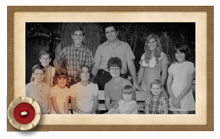
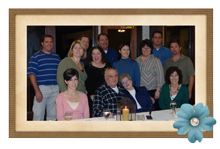



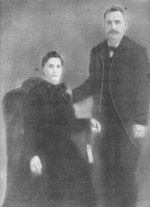
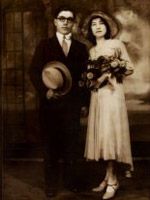
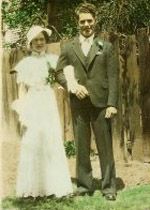
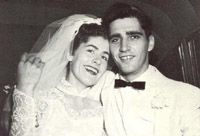
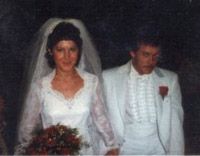




































12 comments:
I love hearing Mrs. Charlsie stories!
That makes me want to come and sit on her porch and listen to her tell those stories!
She seems like she is a very special lady!
She has a wealth of stories and information stored in her head! Nice of you to talk with her and let her have the pleasure of telling it to someone! Blessings!
I also love hearing Mrs. Charlsie stories. I have never heard of Summer Complaint. Very fascination. Makes me want to sit and talk to her for hours.
Ms. Charlise makes me smile. I would love to sit on that inviting porch and drink a glass of tea and listen to her tell me about her life and all she has seen and experienced.
Thank you for sharing her with us.
Have a Blessed day friend,
Dawn
I so wish I could sit and talk with Ms. Charlsie sometime!!!!
I still talk to my parents, grandparents, and old neighbor "mamaw" about the old days, love to hear the stories. My gparents in their 80's and sharp as tacks, elderly people r so cute, I love them...thanks for the posts on Charlsie, I love em.:)
I think it's so sweet that she has you in her life and she in yours. Such a sweet bond. Love the stories.
oh, how i miss arkansas!!
She has indeed witnessed a lot of changes but someday our children will say the same of us. :) I am 63 and I remember getting a television for the first time, black and white of course. I still remember our first telephone number (JE4-9027, when Cokes in the machine at the service station next door to our house were in glass bottles and cost 6 cents. When they went up to a dime I was horrified. I saw The Beatles the first time they appeared on the Ed Sullivan show and paid a quarter a gallon for gas during a "gas war" when I was a senior in high school. Fun remembering! blessings, marlene
What great stories she has. I would love to listen to her tell them. How interesting about summer complaint. I wonder how common that was because so many babies died in that time period.
Post a Comment